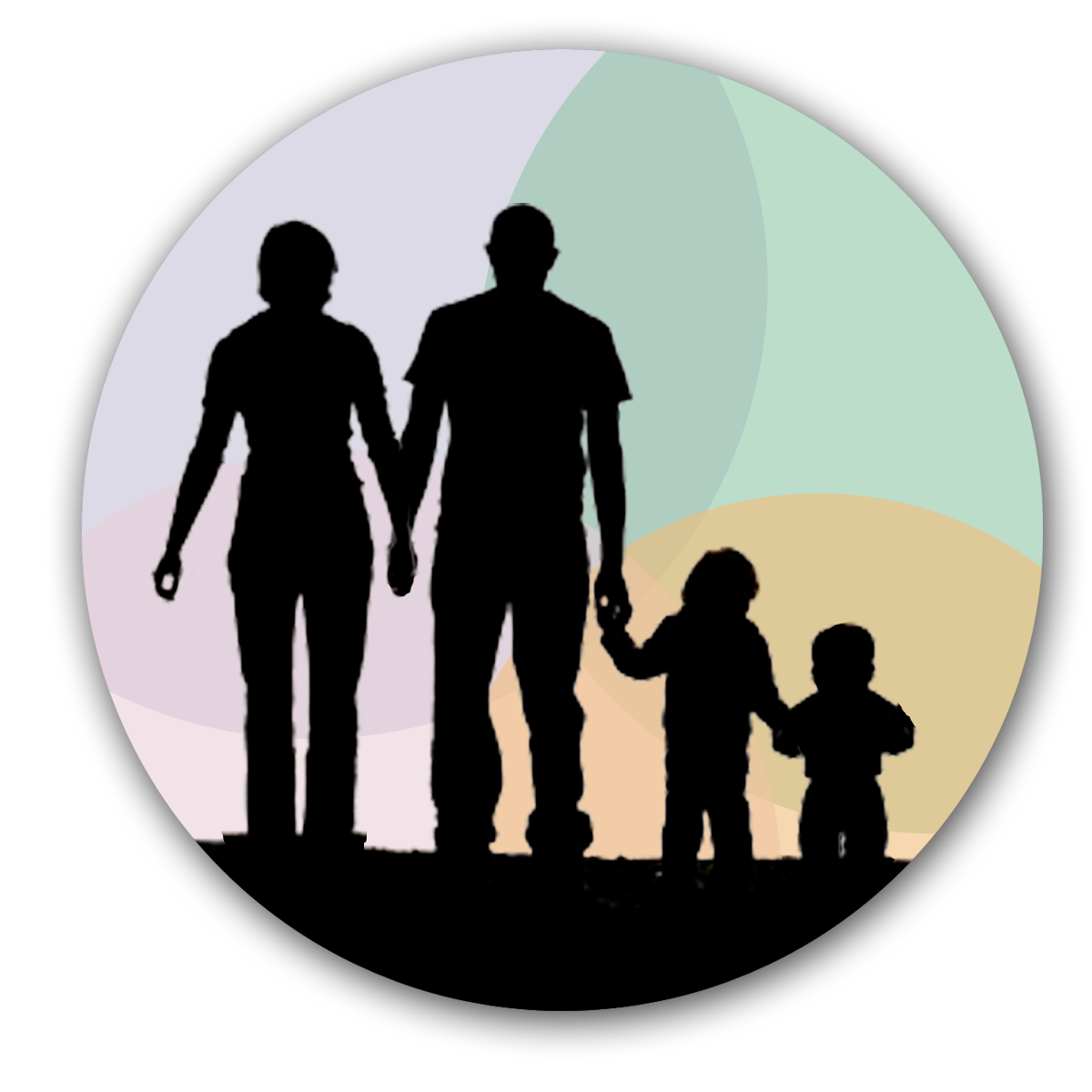Our emotions are signals. Just signals.
We grow in wisdom as we learn to interpret these signals with a broader perspective and respond to them with self-control and grace.
Take your own emotions “with a grain of salt.”
Hurting hurts. Hurting can derail your life. Some people become incapacitated by pain, emotional or physical.
It’s important to realize that hurting is not just pain. Even physical hurt can involve anguish, sadness, despair, hopelessness, frustration, angst, impatience, anger, fury, offense. Hurting is a big deal.
The easiest way to get bitten by a dog is to touch its wound. Veterinarians will tell you that even the nicest dog will bite if you cause it pain. People, too, snap from pain.
What situations light your temper the fastest?
What sparks your anger? Find what about it offends you and ask why that hurts. Then wrap your arm around your own shoulders with compassion. Hurt sucks. Be a friend to yourself.
You know you’ve been significantly hurt when you let go. You stop trying. You stop hoping. You stop “caring”.
What are the things you no longer want to hope or try for?
It’s ok, you don’t have to hope for them! I’m not telling you to hope or try. I’m just saying, notice the hurt and give it some love. What do you still love about yourself?
You know the hurt is really big when you tell yourself, “It doesn’t matter. It’ll always be this way, and that’s not a big deal. It doesn’t hurt.” This is a method of self-protection. It may actually mean the hurt is so big that you don’t even know what to do about it or that you don’t feel safe enough to tell the truth and deal with it or that you’re afraid of what it says about you if you are hurt or struggling. So instead, you shelve it to explode at a later date.
Your hurt and your needs are valid.
The Dangerous Conclusion
Emotions are signals, and “Hurt” signals to us that something is wrong and we should make it stop. This message is important to our survival. However...
As parents of harmful children you experience a special kind of hurt that is not easily forced to stop and often chronic. We can get hurt by our kids in so many ways, such deep ways, seemingly unending ways, and sadly that’s often only the beginning. Soon the hurt spreads like the flu between the spouses. Then it’s the family, friends, and community members who offend, reject, and demean us as we give our lives trying to love, protect, provide for, and heal this kid. Now, with our whole lives in shambles, hurt starts getting confused with failure.
“Because I hurt, I must be doing things wrong.
If I’m doing things wrong, I must be a bad parent.
If I’m a bad parent, then I’m a failure.”
But you are NOT a failure, you ARE hurt.
Even if the pain is just between you and your kid, as the parent of a hurtful, hurt-filled traumatized kid, making your hurt stop isn’t always an option or even necessarily the healthiest response. When you committed to raising a traumatized kid, you really put yourself out there. There is vulnerability involved which means you're gonna get hurt sometimes, maybe even a lot, maybe even a lot of the time. And being in a chronically painful situation can really feel like failure.
Failure and pain are actually different.
Look at your child who is also hurting. How do you want your child to handle their pain? How do you want your child to respond when Hurt tells them to give up, stop hoping, stop trying. What should they say to the voice that tells them “it’s too big to handle” or “no one will understand”?
Now, are you will to give the same advice to yourself?
Take up your courage and model the road you want your child to walk.
(You just might light their way.)
Face the hurt, tell the truth about it, learn who to trust and how to ask for help, have compassion for yourself and give grace for your weaknesses. If your child did that, how much would it change their life? Likewise, it will change yours.
When no one else can help you enough or give you satisfactory compassion, you have to find ways to care for yourself – without rejecting others in the process or taking offense at their shortcoming to support you. It’s a tall order.
But with God’s grace – for I know no other way – you can do it.
Recommended Listening: “If We’re Honest” by Francesca Battistelli


